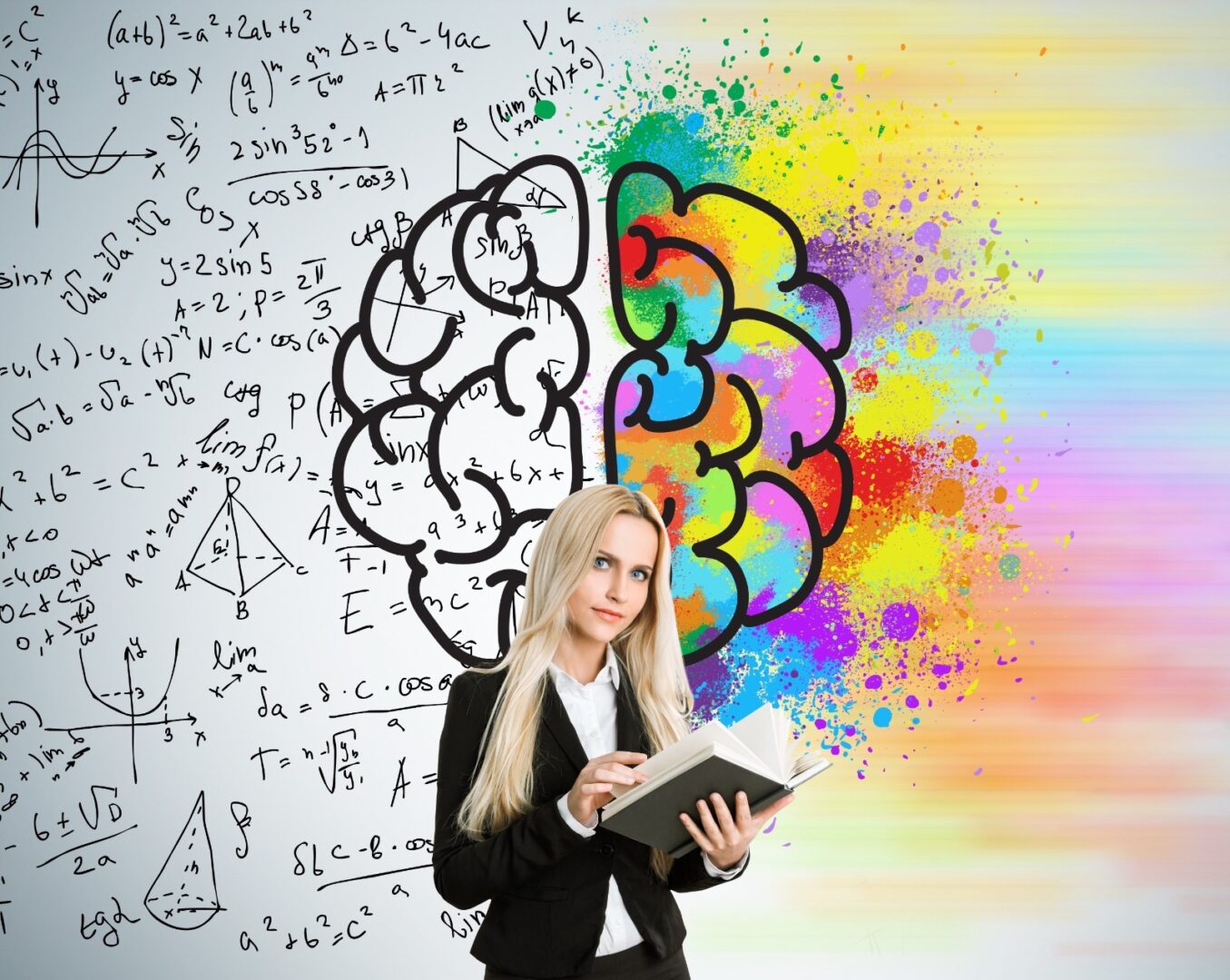
In the labyrinth of human emotions lies a crucial trait that governs our ability to navigate life’s complexities—Emotional Intelligence (EI). This trait is not exclusive to a few but a universal compass guiding us through uncharted territories, illuminating the path to understanding and managing our emotions and those of others. From personal relationships to professional endeavors, the impact of EI reverberates in every sphere of our lives, making it a relevant and inclusive concept for all, including each and every one of you.
EI encompasses a multifaceted array of skills, defined as the capacity to recognize, understand, and manage one’s own emotions, as well as to empathize with others and effectively handle interpersonal relationships. At its core, EI involves self-awareness, self-regulation, social awareness, and relationship management. Let’s dive deep into each component, exploring how they can be applied in real-life situations to unravel the essence of emotional intelligence.
Self-awareness is the foundation of emotional intelligence. It involves introspection and an honest evaluation of one’s emotions, strengths, weaknesses, and values. Individuals with high self-awareness possess a deep understanding of their emotional triggers, enabling them to respond thoughtfully rather than impulsively in challenging situations.
Self-regulation, the next facet of EI, entails managing and controlling one’s emotions, impulses, and behaviors. This skill empowers individuals to maintain composure in stressful circumstances, exercise restraint when faced with adversity, and adapt flexibly to changing environments. By cultivating self-regulation, individuals can harness their emotions as a source of strength rather than succumb to their whims.
Social awareness expands the scope of emotional intelligence beyond the self, emphasizing empathy and understanding of others’ emotions, perspectives, and concerns. Proficient social awareness enables individuals to tune into nonverbal cues, comprehend social dynamics, and demonstrate genuine empathy toward others’ experiences. Social awareness lays the groundwork for nurturing meaningful relationships by fostering a sense of connection and rapport.
Relationship management, the pinnacle of emotional intelligence, entails leveraging self-awareness, self-regulation, and social awareness to cultivate healthy, productive relationships. Effective relationship management involves communication, conflict resolution, collaboration, and inspiring and influencing others positively. By fostering trust, mutual respect, and open communication, adept relationship managers can navigate interpersonal dynamics with finesse and foster a conducive environment for growth and collaboration.
The significance of emotional intelligence transcends individual success, extending to organizational effectiveness and societal harmony. Leaders with high EI are not just managers but catalysts who foster a culture of trust, transparency, and collaboration. This, in turn, enhances employee engagement, boosts morale, and increases productivity. Moreover, EI plays a pivotal role in conflict resolution, negotiation, and decision-making, equipping organizations with the resilience and agility to navigate challenges.
Individuals with high emotional intelligence are not just beacons of empathy, compassion, and understanding but catalysts for change, fostering inclusivity, cohesion, and social harmony. By transcending cultural, linguistic, and ideological barriers, EI fosters a sense of interconnectedness and collective well-being, paving the way for a more compassionate and equitable world. This vision of a better world should inspire and motivate us to cultivate our emotional intelligence.
While some may possess a natural predisposition towards emotional intelligence, it is a skill that can be cultivated and honed through deliberate practice, self-reflection, and continuous learning. However, it’s important to note that developing emotional intelligence can be challenging. It can be challenging to confront and understand our emotions and even more difficult to empathize with others, especially in conflict situations. By embracing the principles of emotional intelligence, individuals can unlock their full potential, forge deeper connections, and lead more fulfilling lives. The benefits of cultivating emotional intelligence are far-reaching, enhancing personal growth, improving interpersonal relationships, and contributing to a more compassionate and harmonious society. The value and importance of emotional intelligence cannot be overstated.
Emotional intelligence is not just a guiding light in the labyrinth of human emotions but a beacon of hope, empowering individuals to navigate life’s challenges with grace and resilience. By cultivating self-awareness, self-regulation, social awareness, and relationship management, individuals can harness the transformative power of emotional intelligence to foster personal growth and interpersonal relationships and contribute significantly to a more compassionate and harmonious society. This power is within your reach, waiting to be harnessed, and can truly transform your life.
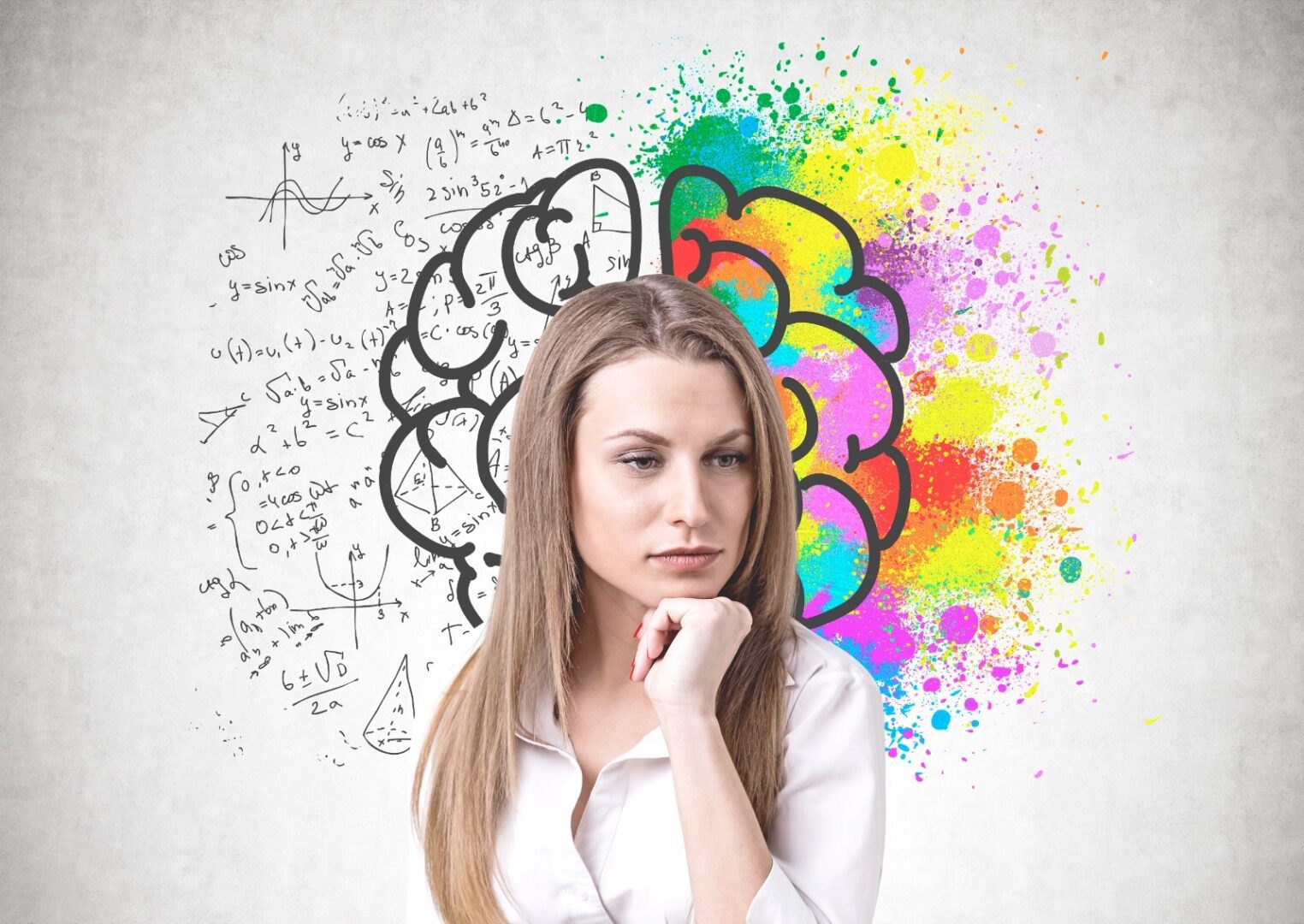
Illuminating the Intricacies of Emotional Intelligence Through Real-Life Scenarios
In the labyrinth of human emotions lies a crucial trait that governs our ability to navigate life’s complexities—Emotional Intelligence (EI). This trait is not exclusive to a few but a universal compass guiding us through uncharted territories, illuminating the path to understanding and managing our emotions and those of others. From personal relationships to professional endeavors, the impact of EI reverberates in every sphere of our lives, making it a relevant and inclusive concept for all.
EI is recognizing, understanding, and managing one’s emotions, empathizing with others, and effectively handling interpersonal relationships. It encompasses a multifaceted array of skills. Let’s delve into each component to unravel the essence of emotional intelligence through real-life scenarios.
Self-awareness
Consider Sarah, a marketing executive, preparing for a crucial client presentation. Despite her confidence in her abilities, she notices a lingering apprehension. Instead of dismissing her emotions, Sarah takes a moment for self-reflection. She acknowledges her fear of failure and the pressure to perform, allowing her to address these concerns proactively. By embracing vulnerability and authenticity, Sarah harnesses her self-awareness to deliver a compelling presentation, earning the client’s trust and admiration. This scenario is not just a story but a real-life application of emotional intelligence that you can easily relate to and learn from. Another example could be John, a teacher who uses his social awareness to understand and address the emotional needs of his students, thereby creating a more inclusive and supportive learning environment.
Self-regulation
Consider Alex, a team leader faced with a sudden setback in a high-stakes project. Despite feeling overwhelmed by frustration and disappointment, Alex recognizes the importance of maintaining composure amidst the chaos. Drawing upon his self-regulation skills, he takes a deep breath, reframes the situation as a learning opportunity, and channels his energy into devising a strategic solution. Alex salvages the project by exercising restraint and resilience and inspires his team to persevere in adversity.
Social awareness
Picture James, a seasoned negotiator navigating a tense contract negotiation with a client. Amidst the heated exchange of demands and counteroffers, James notices subtle discomfort and hesitation in the client’s body language. Rather than bulldozing through with his agenda, James pauses to acknowledge the client’s concerns empathetically. By demonstrating genuine interest and understanding, he fosters a collaborative atmosphere conducive to reaching a mutually beneficial agreement.
Relationship management
Visualize Emily, a human resources manager tasked with mediating a conflict between two colleagues. Instead of resorting to blame or judgment, Emily listens attentively to each party’s grievances, validating their perspectives without taking sides. She facilitates constructive discussion through open dialogue and active listening, enabling colleagues to uncover common ground and resolve their differences amicably. By nurturing trust and fostering a sense of unity, Emily cultivates a harmonious work environment conducive to collaboration and innovation.
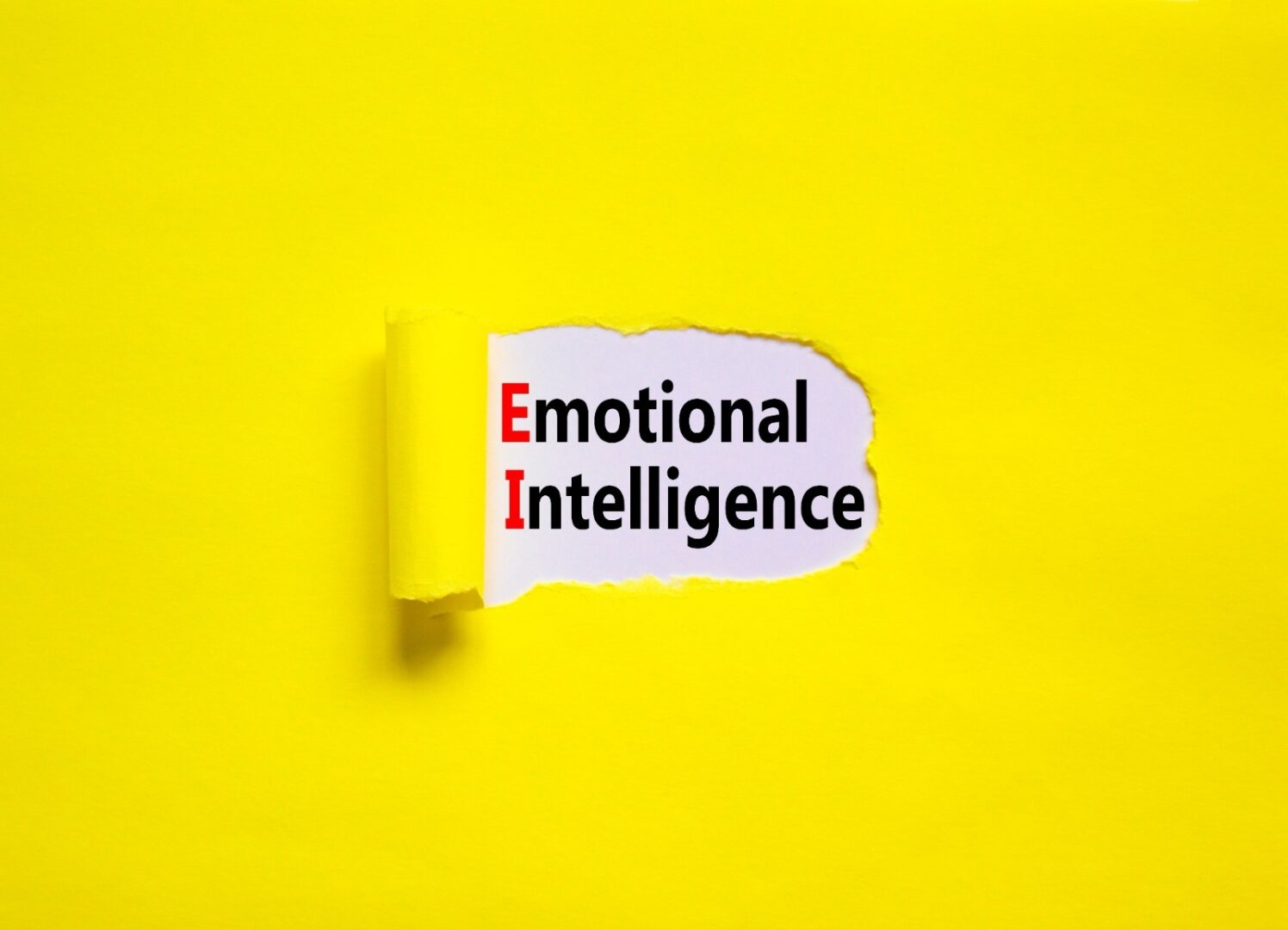
The significance of emotional intelligence transcends individual success, extending to organizational effectiveness and societal harmony. Leaders with high EI are not just managers but catalysts who foster a culture of trust, transparency, and collaboration. This, in turn, enhances employee engagement, boosts morale, and increases productivity. Moreover, EI plays a pivotal role in conflict resolution, negotiation, and decision-making, equipping organizations with the resilience and agility to navigate challenges.
Individuals with high emotional intelligence are not just beacons of empathy, compassion, and understanding but catalysts for change, fostering inclusivity, cohesion, and social harmony. By transcending cultural, linguistic, and ideological barriers, EI fosters a sense of interconnectedness and collective well-being, paving the way for a more compassionate and equitable world. This vision of a better world should inspire and motivate us to cultivate our emotional intelligence.
While some may possess a natural predisposition towards emotional intelligence, it is a skill that can be cultivated and honed through deliberate practice, self-reflection, and continuous learning. However, it’s important to note that developing emotional intelligence can be challenging. It can be challenging to confront and understand our emotions and even more difficult to empathize with others, especially in conflict situations. By embracing the principles of emotional intelligence, individuals can unlock their full potential, forge deeper connections, and lead more fulfilling lives. The benefits of cultivating emotional intelligence are far-reaching, enhancing personal growth, improving interpersonal relationships, and contributing to a more compassionate and harmonious society. The value and importance of emotional intelligence cannot be overstated.
In conclusion, emotional intelligence represents a profound understanding of the complexities of human emotions and interpersonal relationships. Individuals can unlock their full potential for personal growth, resilience, and well-being by cultivating self-awareness, self-regulation, social awareness, and relationship management. As we continue exploring emotional intelligence’s depths, let us embrace its transformative power to enrich our lives and nurture meaningful connections with others.

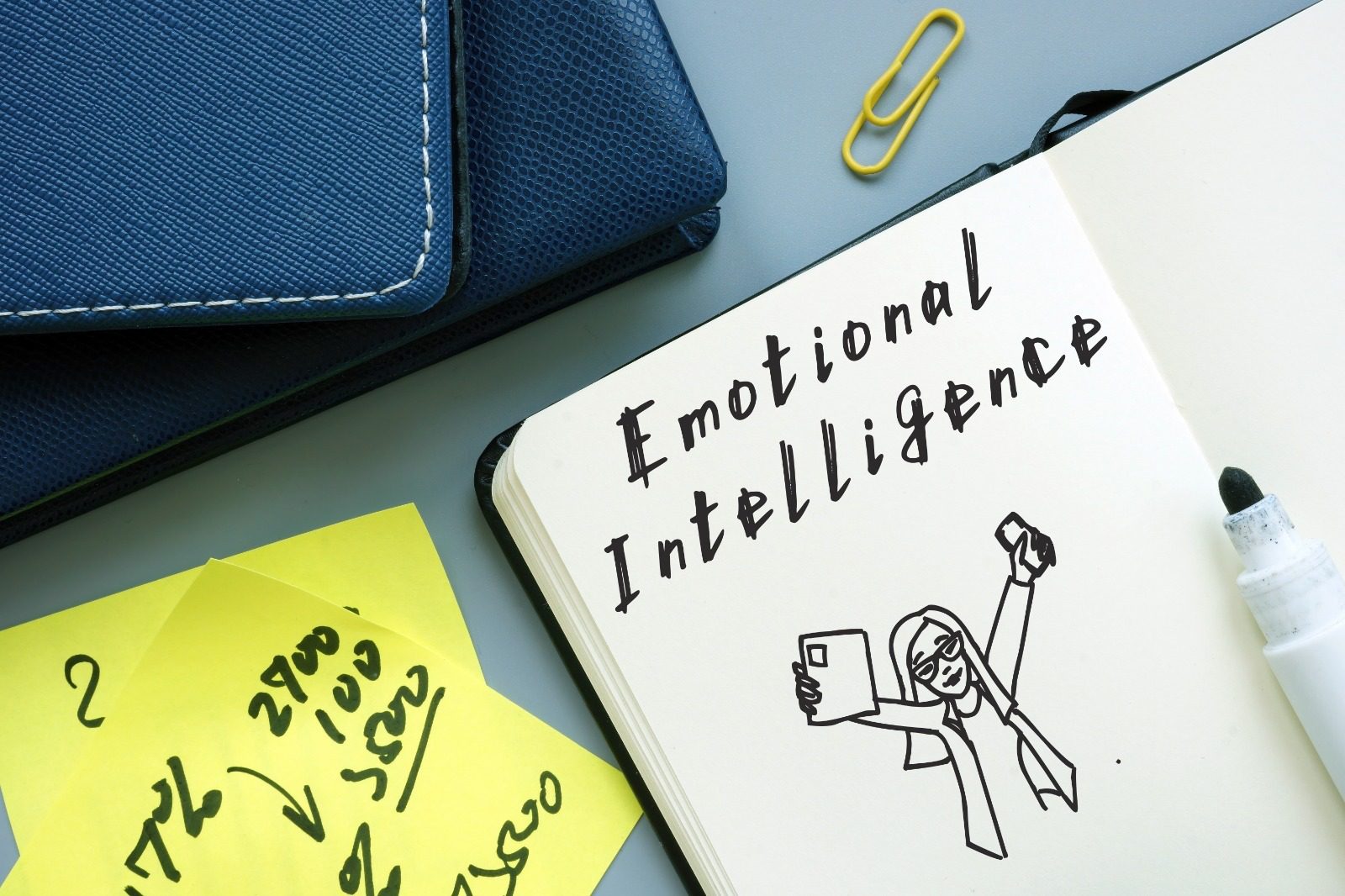
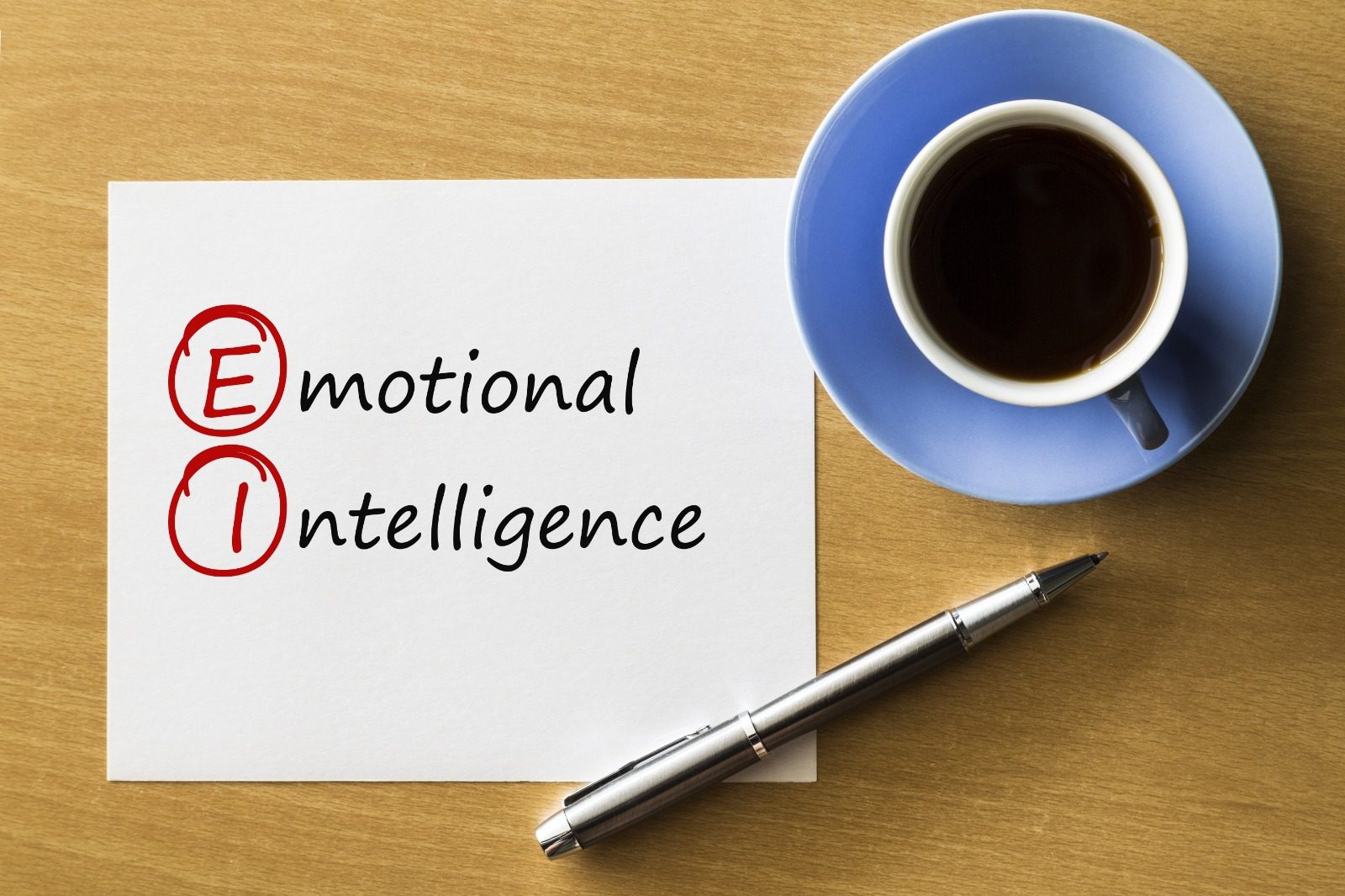


The Timeless Elegance of Friendship:Why Every Woman Needs a BFF.
In the grand tapestry of life, there exists a delicate and precious thread that weaves joy into the mundane and transforms ordinary moments into extraordinary memories.

Mastering the Mind: Unraveling the Psychology of Procrastination
Have you ever wondered why we often wait until the last minute to complete tasks?

Exploring the Seven-Year Itch: Insights from Helen Fisher
Many of us can relate to the seven-year itch,’ which signifies a decline in marital satisfaction or a wandering eye around the seven-year mark of a relationship.
instagram:
Error: No feed found.
Please go to the Instagram Feed settings page to create a feed.


